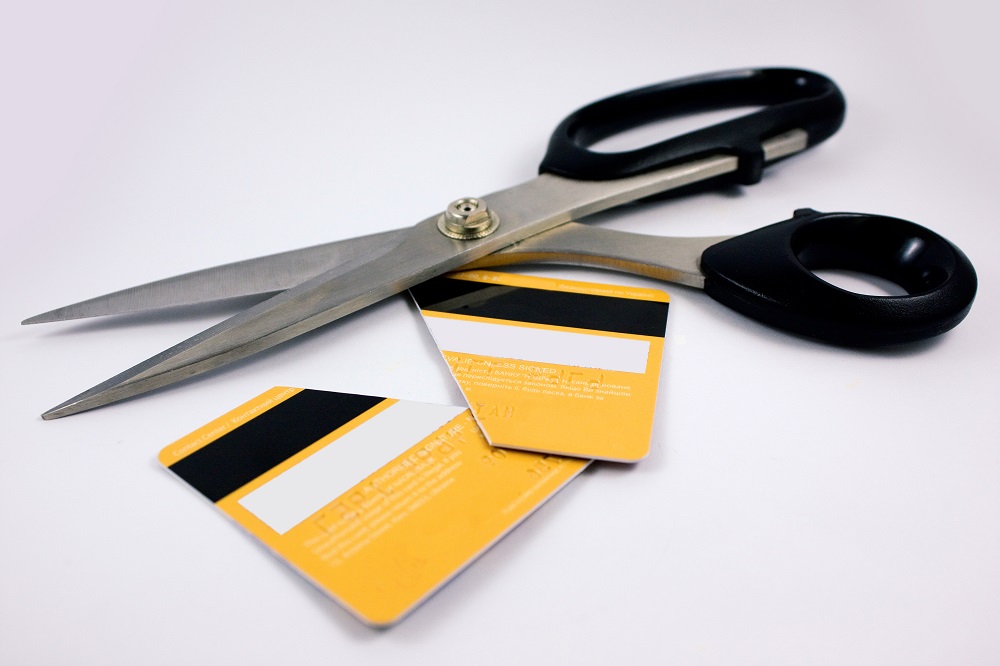One of the most pressing goals for our family is to be able to say “We’re Debt Free” sooner than later. It is for that reason we have stepped up our “Eliminate Debt Game” in 2016.
[featured-image]
Last year, thanks to the grace of God, proper planning and hard work, we were able to pay off thousands of dollars of debt (blog coming soon). But this year, we have raised the stakes. We want to double the amount of debt we paid off last year. So how do we intend on doing so? The same way we did it last year…
- Begin with the end in mind. We first determined which bills we were going to pay off and its “pay off priority”. Some people pay off the smallest first and work their way up to the largest (which is what I recommend), while others pay off the highest interest rates first. It does not matter which method you choose, just choose, write it down and get to it.
- Determine if what you want to pay off can get paid with your current salaries. For example, if you want to pay off your car this year, but in order to do so you have to pay off an extra $6,000 on top of your payments this year. Which means, you will have to add an additional $500 to your monthly car note to have it paid off by December 31st. Determine if the additional $500 is even doable. Can you cut out getting weekly salon visits, extra cable channels or shopping trips? If you can, WRITE the $500 INTO YOUR MONTHLY BUDGET. Yes, you must create a monthly budget. Actually you need to create a budget for each paycheck. For example, if you get paid twice a month, you need to have a written budget for each pay check.
- If you are unable to pay off your designated debt within the means of your monthly salary, then determine how to create additional income to bring in that extra $500 to pay down the car. Can you get a weekend job? Can you freelance or contract your services on the side? Be creative in generating the additional funds needed to pay down debt.
- Pay your bills on PAYDAY. I single-handedly believe this was the #1 reason why we were so successful in paying off debt last year—we paid all of our bills the day we got paid. On payday, I would look at our written budget to see what we budgeted to pay for that paycheck. If we budgeted to add an extra $500 to our car note, then I paid the extra $500 towards the car on that day. I noticed that if I did not incorporate this concept of paying all budgeted bills on pay day and let the funds sit in our account for a few days or weeks, it created an opportunity for me to spend those funds on something else.
- Ensure when you are creating the plan (the written budget to pay down debt), you incorporate a realistic amount of “spend money”. It is not realistic for us to put ALL of the “extra money” we have after pay the minimum on bills toward our “goal money”(the additional funds we put toward debt) and not have any money left for ourselves. That’s no fun! In our house, we ensure we add individual money (“our spend money”) to our gas money so we can have additional money to spend on whatever we’d like. If I want to use my “spend money” as lunch money, I can. If I want to put my “spend money” into my savings, I can. If I want to use my “spend money” to buy more makeup, I can. If I want to use my “spend money” towards adding more to our debt payments, I can. We try to budget enough “spend money” in a way where it is not too little that we have to tap into our “goal money” each month, nor do we want it to be too much where we cannot adequately fund our “goal money” and pay off debt more quickly. The goal is to be realistic in adequately funding our personal funds so we can still enjoy the journey, while still aggressively attacking our debt so that we can reach our goal of being debt free quickly.
So this is how we paid down tons of debt in 2015 and plan to double the amount in 2016—We began with the end in mind and worked backwards. The key to working backwards, however, is ensuring you are planning forward. Budgeting is a critical aspect in planning forward, but once you get it, eliminating debt becomes a goal worth striving for.
What type of financial goals did you set for 2016? Are you on your way to accomplishing them? Comment & Share the blog.
To get more information on debt-free living and creating financial goals, subscribe to our blog below and download our FREE CHEAT SHEET, “7 Steps to Building a Financial Legacy”.


